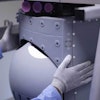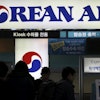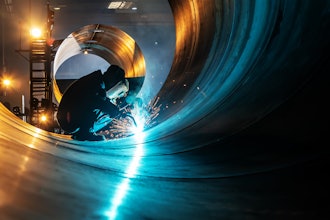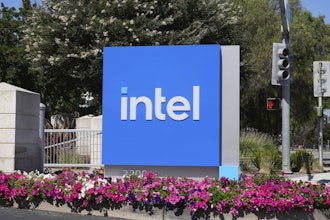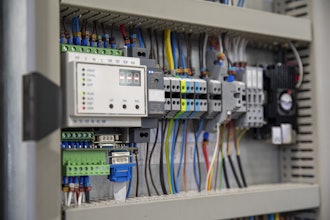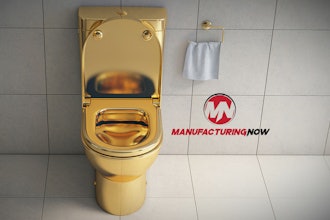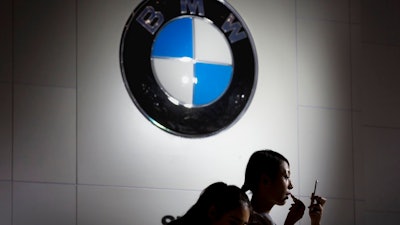
SPARTANBURG, S.C. (AP) — BMW says it is sticking with plans to add 1,000 workers in South Carolina, even though the company will start production of a new vehicle in China.
BMW and Chinese partner Brilliance Automotive Group Holdings said Monday a joint venture called BMW Brilliance Automotive will increase the number of vehicles made annually at two plants in China to 520,000 next year.
Spokesman Ken Sparks told the Herald-Journal of Spartanburg that BMW's new electric iX3 SUV will be produced only in China, and that effort won't affect production of the new X7 model in South Carolina.
"It is not true in any way, shape or form that BMW is moving production from Spartanburg to China," Sparks said.
But BMW's U.S. manufacturing remains vulnerable to a trade war. China already imposed an additional 25 percent charge on vehicles from the U.S., prompting BMW this week to announce higher Chinese sticker prices.
The South Carolina plant exports more than two thirds of the 400,000 vehicles it has produced annually, mostly to China, followed by Germany, home of the automaker.
BMW recently wrote U.S. Commerce Secretary Wilbur Ross saying the tariffs would raise the cost of doing business in the United States and could risk cutting production and jobs at the Spartanburg plant. The company said the tariffs could jeopardize 45,000 jobs in South Carolina, 10,000 currently at the Spartanburg plant and 35,000 at BMW suppliers.
It's unknown whether or when higher prices overseas will depress demand enough to prompt BMW to change its plans for Spartanburg.
Sparks said BMW has not changed plans to expand in Spartanburg and start production of the new X7 model later this year. The company plans to spend $600 million and add 1,000 jobs by 2021. BMW says the hiring would bring Spartanburg employment to about 11,000 jobs.
"BMW is soundly and firmly committed to South Carolina and that hasn't changed," Sparks said.
But other businesses whose bottom lines depend on the Spartanburg plant are demanding more certainty.
Frank Knapp, president and CEO of the S.C. Small Business Chamber of Commerce, said BMW needs to provide more details to its suppliers, so that they can adjust production and employment levels.
"What is the timeline for expanding production in China?" Knapp asked. "Are they guaranteeing that production in Spartanburg will not be cut in 12 months, 24 months? Don't local small business suppliers deserve to have advance warning now of eventual production cuts so that they can plan for the future?"
BMW has invested nearly $9 billion since it opened the plant in Spartanburg county in 1994 and has produced more than 4 million vehicles. The facility now produces X3, X4, X5 and X6 models, and the BMW X7 goes into production later this year.

